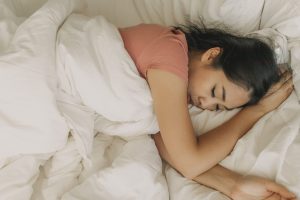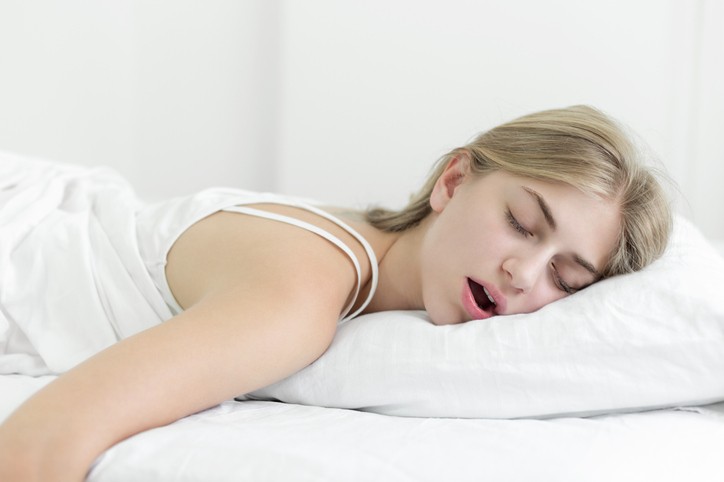Introduction
Join David Wolfe as we embark on a journey through the mysterious world of sleep and saliva production. Have you ever woken up to the sensation of excessive saliva during the night? In this article, we unravel the science behind this phenomenon and shed light on its implications for your sleep and well-being. Let’s dive into the nocturnal mysteries of saliva and dreams.
Understanding Saliva: More Than Just Moisture
Before we explore the curious connection between sleep and saliva, it’s essential to understand saliva’s vital role beyond mere moisture in the mouth.
Functions of Saliva:
- Digestion: Saliva contains enzymes that initiate the digestion process, breaking down food in the mouth.
- Oral Health: Saliva helps maintain oral hygiene by neutralizing acids and washing away food particles.
- Speech and Taste: It aids in speech and taste perception, contributing to our ability to communicate and enjoy flavors.
The Saliva Production Cycle: Day and Night
Saliva production is a continuous process, regulated by the autonomic nervous system. During the day, saliva production is influenced by factors like food consumption and external stimuli. At night, the production slows down, resulting in reduced saliva flow.

Factors Affecting Nighttime Saliva Production:
- Posture: Lying down can lead to pooling of saliva and a feeling of excessive saliva upon waking.
- Oral Health: Certain dental issues or breathing through the mouth during sleep can impact saliva production.
Understanding these factors helps us decipher the peculiarities of saliva production during sleep.
Excessive Saliva During Sleep: Causes and Solutions
Excessive saliva during sleep, often accompanied by the sensation of drooling, can be caused by various factors. It’s crucial to pinpoint the underlying cause to address this issue effectively.
Common Causes:
- Sleep Position: Sleeping on your back can cause saliva to pool in the back of your throat, leading to drooling.
- Allergies or Sinus Issues: Nasal congestion can force you to breathe through your mouth, resulting in increased saliva.
- Medications: Some medications can cause excessive saliva production as a side effect.
Solutions:
- Adjust Sleep Position: Experiment with sleeping on your side to reduce saliva pooling.
- Address Allergies: Manage allergies or sinus issues to encourage nasal breathing.
- Consult a Professional: If the issue persists, consult a healthcare professional for a thorough evaluation.
A Comparative Overview: Saliva Production Day vs. Night
Let’s compare the characteristics of saliva production during the day and night to grasp the differences and how they can impact your comfort during sleep.
Table: Saliva Production Day vs. Night
| Feature | Daytime Saliva Production | Nighttime Saliva Production |
|---|---|---|
| Rate of Production | Higher | Slower |
| Digestive Enzymes | More active | Slower digestion |
| Stimulation | Food intake, stimuli | Minimal stimulation |
| Oral Hygiene | Active | Reduced cleaning |
Understanding these differences provides insights into the dynamics of saliva production during the day and night.
Embrace Comfortable Slumbers
David Wolfe encourages you to embrace comfortable and restful slumbers by understanding the quirks of your body, including saliva production during sleep. Educate yourself on the fascinating mechanisms that govern our nighttime experiences, and may you journey into sweet dreams and peaceful nights.
Tips for Comfortable Sleep:
- Hydration Balance: Stay adequately hydrated throughout the day for a more balanced saliva production at night.
- Oral Hygiene: Maintain good oral health to ensure a comfortable sleep experience without disruptions from excessive saliva.
- Breathing Techniques: Practice breathing exercises to encourage nasal breathing and minimize saliva issues during sleep.
Conclusion: The Dance of Saliva in Your Sleep
In conclusion, the dance of saliva during sleep is a natural and intriguing phenomenon that varies from our daytime experience. Understanding the causes and potential solutions for excessive saliva during sleep empowers you to enhance your sleep quality and overall well-being.
As you drift off into the world of dreams, may you find the perfect balance of saliva production, ensuring sweet dreams and restful nights. Sweet dreams await, with just the right amount of moisture and comfort.




